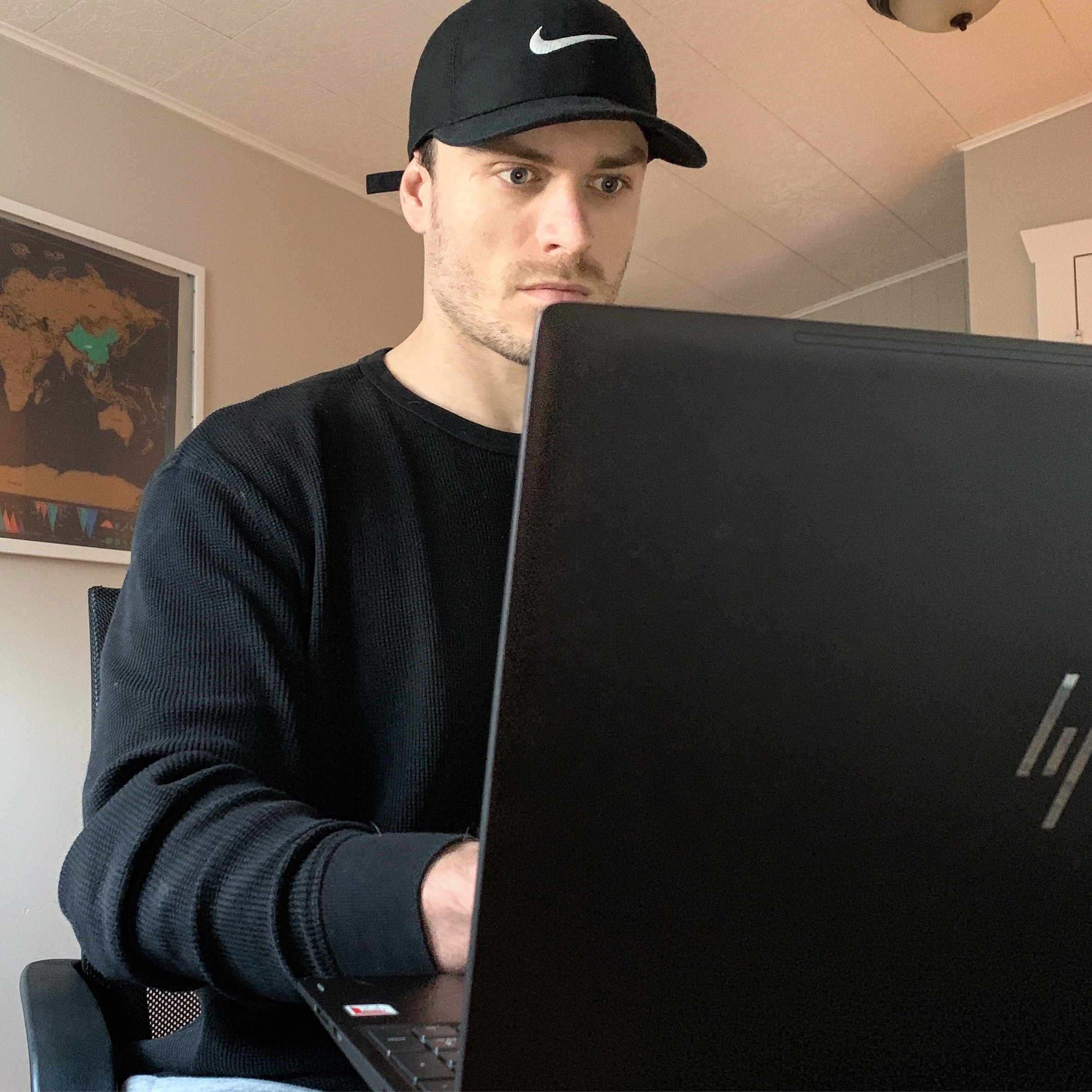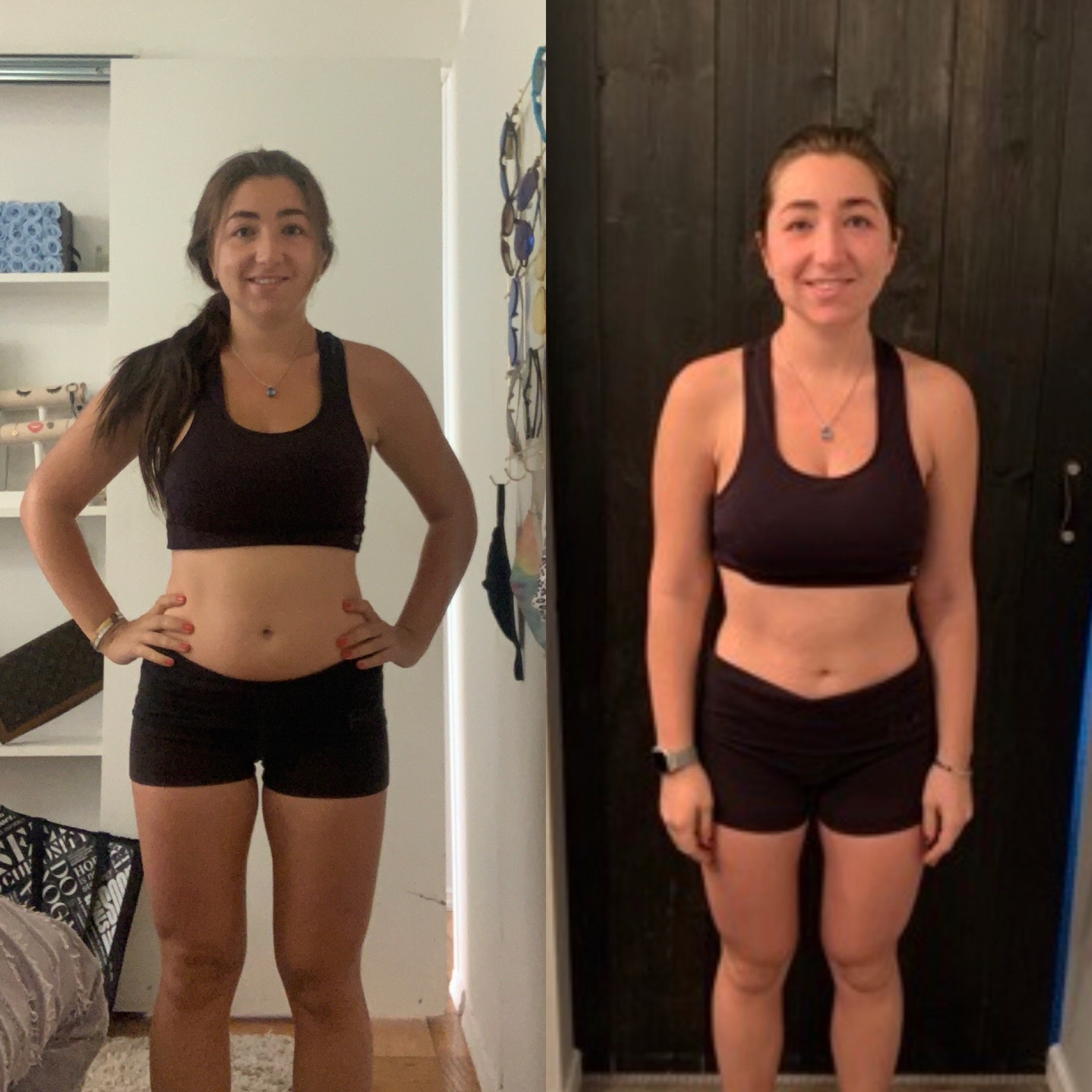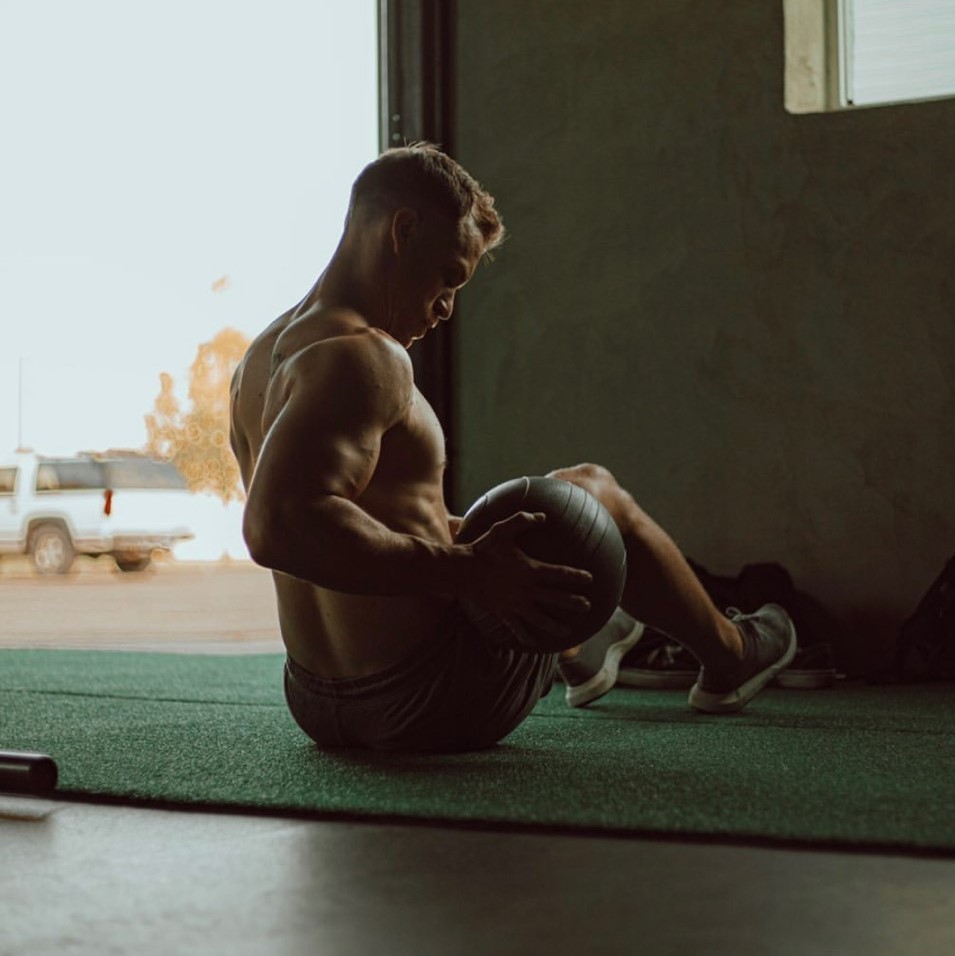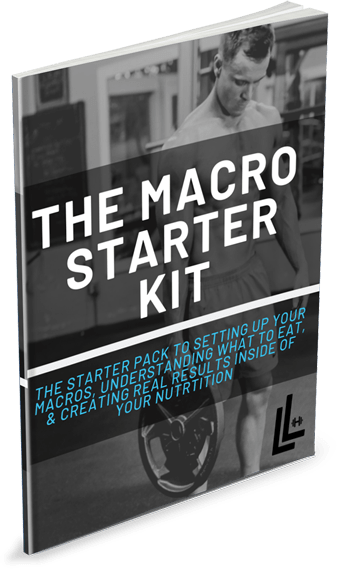Something in the online coaching space that I don’t feel gets touched on enough is the relationship between the coach and the client.
This relationship either makes or breaks the success of the client’s transformation and the duration/impact of the coach’s business.
We need each other to both be able to reach our different goals.
The client’s goal of getting in better shape, and the coach’s goal of creating a sustainable business that educates and empowers people to change their lives.
If you’re a coach, that means you need passion and proper education. If you’re a client, that means you need to have the willingness to be coached and implement the strategies you’re taught.
We both come to the table with responsibility.
It’s not all on the coach, and it’s not all on the client.
It really is a team effort.
Whether you’re a coach, a client, or someone looking to potentially become either, it’s my hope that this blog is going to benefit you in your future actions and decisions.
When I first started coaching online almost 5 years ago, it included a program, a set of macros, and a once per week email where I’d check in to see how things were going.
This method worked for some people I suppose, but I didn’t ever get to know the client much and I never really understood their struggles. Which led to me never understanding how to become a better coach.
Now days, things are different. Fitness Coaches are around every Instagram and Tik Tok corner that you turn. In some ways this is good I suppose. There are a lot of really good coaches to choose from, but in other ways, it’s given people a sour taste in their mouth when they think of “online coaching.”
Perhaps that’s you now.
Maybe you had a bad relationship with someone where you received a generic meal plan/macro split, a cookie cutter program, and an absent communication system.
Although I’m sorry you may have got screwed over by someone, I’d be lying if I didn’t mention that it’s partly your fault this happened.
Let me explain.
You probably hired that person because of the way they look (most likely due to great genetics), or because of a transformation they posted.
Neither of these are discreditable by any means. I pride myself on client reviews to prove what I do works and by walking the talk through consistent nutrition and exercise as well.
But there’s far, far more to a good coach than this that helps people change their lives and become a more confident and structured version of themselves.
Here are the 11 keys I’ve implemented in my coaching relationships that’ve helped my clients get the best results possible, helped me grow my business through more referrals, and allowed me to put my head to rest each night knowing I’m doing everything in my power to be the most ethical and respected online nutrition coach and trainer that I can be.
By the way, these are not listed by rank, just in the random order of my thoughts as I write them out:
1 - Honesty
A good coach is an honest coach (groundbreaking, right?). Honest about your current situation, how they can help, the service they provide, and the timeline of the result they can realistically help you create. If they tell you they can help you lose 50 pounds in 3 months and never have to worry about regaining it again – well, they’re lying.
2 - Trust
A good coach trusts their client, just like a good client trusts their coach. One of the first things I look for when talking with someone is their ability to listen and be coached. If I can feel that in them during our initial chat, I know I’ll have their trust throughout the process. Without trust and conviction in your coach, the relationship is built on a shaky foundation that will eventually fall.
3 - Communication
This one is huge. As the client, you better be able to open up to your coach about the struggles you’re having and/or the things you are needing help with. And as a coach, you better be ready to act as a therapist as much as a coach to help your client in every way that you can to break down mental barriers that might be stopping them from doing the things they need to reach their goals. You know, the reason they hired you.
4 - Realistic Expectations
This one ties into honesty, but it needs to be emphasized. A good coach will be realistic about the amount of work needed to produce the result the client wants, and the amount of time it’s going to take to get there. Without being on the same page, the client is bound to get discouraged and eventually give up at some point.
5 - Access
You hired a coach, that means you should get access to the coach, right? This doesn’t mean you’re entitled to be texting your coach at 10 o’clock at night and expecting a quick response, but you should have some form of communication where you can book a call with them when you need to, or send a message and get a reasonably timed and descriptive response.
6 - Accountability
This one was hard for me at first if I’m being honest. But a good coach will hold you accountable when you need it. Sometimes that might mean hard truths, and sometimes it might mean being your rock when you need it and are struggling. The coach’s job isn’t to give you a free pass, but to help you reach your goal. It’s their job to hold you accountable in way that you will positively respond to.
7 - Education
You need to know what to do, but it’s also important that you know “why” you’re doing it. Don’t be afraid to ask questions. The more understanding and education you can get through a coach, the less you’ll need a coach in the future. The best coaches are the ones who coach themselves out of a job with time.
8 - Empathy
If your coach is yelling at you or saying they’re disappointed in you, find a new coach. Empathy is key when guiding someone through a transformation. They should be good enough to create a plan that allows for 85-90% consistency that still creates the result you want. We’re human, not robots.
9 - Patience
Similar to empathy, but patience is for both the client and the coach. The coach should be patient enough to allow the client to start making lifestyle changes, and the client should be patient enough to not expect the results immediately. It takes time on both ends to create success.
10 - Vulnerability
Again, a two-way street. Being a client means you’ll have to get a bit vulnerable at times to allow the coach to help you the best that they can. Being a coach means you may have to share past experiences that will relate to the client so that they know you understand.
11 - Individualization
The best coaches don’t make you fit your life into their program, they create a program that will fit into your life. This doesn’t mean it will be easy-peazy as the client and you won’t have to sacrifice anything or deal with inconvenience ever, but your plan should abide by the schedule that you can make work, the foods you enjoy to eat, and the goal you’re looking to achieve. Anybody can find a cookie cutter plan on google. You hired a coach to get an individualized plan created by a professional.
At Lost & Lifting, these are the principles I stand by with each person who comes in my circle.
I didn’t invent them.
I learned them through coaching others, and others coaching me.
I truly love what I do and want to be the best I can be at it.
That means getting feedback from clients, networking with other coaches with similar values, and being willing to continue learning and getting better at my craft.
I understand this looks like it’s going into a sales pitch, and although I’m going to give you an opportunity to apply to potentially work with me, I don’t want you to be sold into it.
Hiring a coach isn’t something you should do off a whim.
It’s a commitment.
It’s an investment financially, emotionally, and with your time.
You need to be in a spot in life where you’re ready to be mentored and willing to take consistent action.
If that’s you, you can get further details here to potentially apply.
If that’s not you, that’s 100% ok too.
Just make sure when you go out to hire a coach, or decide to become a coach yourself, you think about these 11 principles before getting started.
Have an awesome day.









